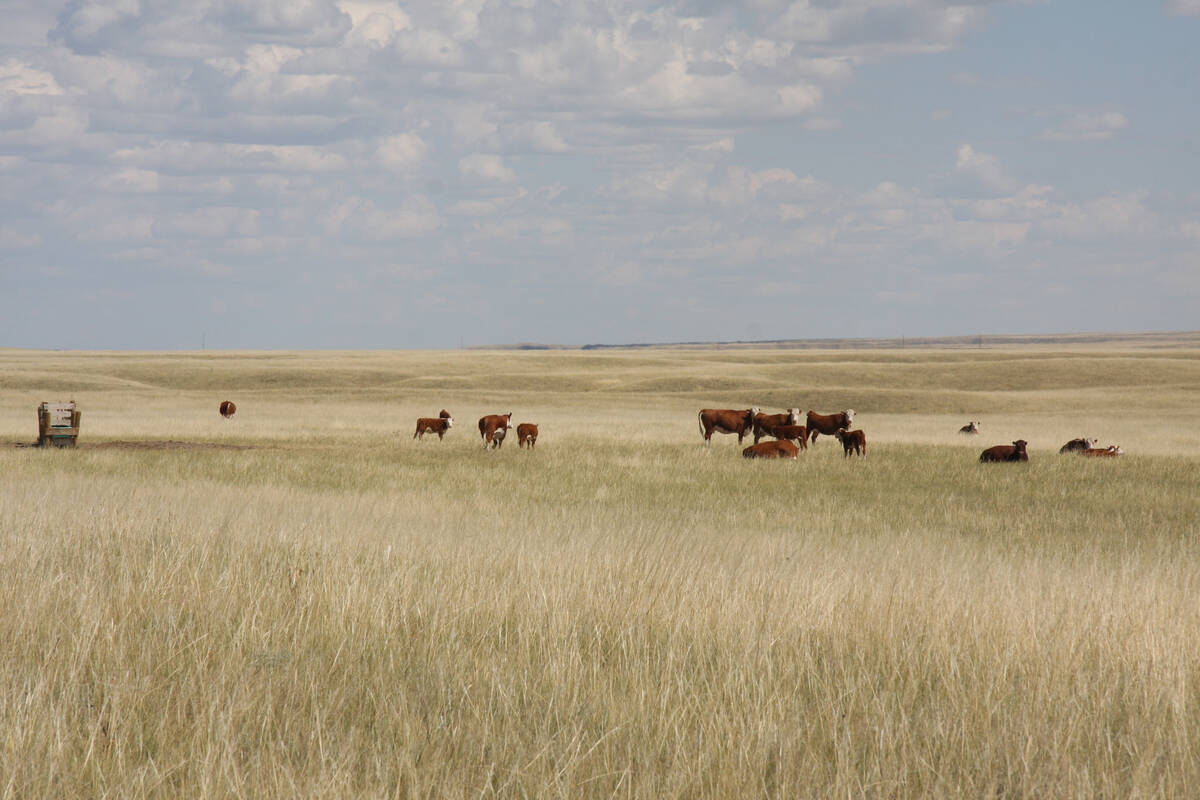Jim Chatenay won’t sign the Canadian Wheat Board’s official code of conduct.
The maverick wheat board director from Red Deer says he can’t abide by a section saying a director’s primary responsibility is to the board, not to the people who voted him into office.
“If I sign that, I become a traitor to my constituents and all the people in Western Canada who have similar views,” he said.
Chatenay was elected in 1994 as a strong supporter of a dual market, and two years on the board of directors haven’t changed his mind.
Read Also

Conservation groups enter grazing lease debate
The Municipal District of Taber in southern Alberta remains at a political crossroads, weighing the interests of generating revenue for public services with conserving native grasslands.
However, the chair of the CWB board says directors will be held to the same standard of behavior whether or not they sign a declaration agreeing to adhere to the code.
“Signing indicates directors have read it carefully and openly agree with it,” said Ken Ritter, adding that to the best of his knowledge all nine other directors have done so.
“But once it’s been passed, you’re bound by it regardless of how you feel about it.”
Chatenay’s refusal to sign carries with it no penalty or consequences for his position as the elected director from district two.
Directors will face disciplinary action only if they act in a way that the board believes harms the organization, and that’s not the case with Chatenay, said Ritter.
“We disagree about a lot of things, but he has not behaved in such a way as to reach that point.”
The 11-page code, seven months in the making, was formally adopted by the board last month.
It sets out standards of conduct and duties of directors, outlines key principles of the board, defines what it means to act in the best interests of the board, and lists ethical and conflict of interest guidelines.
Chatenay agrees that the board needs bylaws and a code of conduct to ensure the well being of the corporation, adding he has no problem with 99 percent of the code and guidelines.
But he disagrees with two particular clauses.
One says directors must act in the best interest of the wheat board and not in the interest of a “special interest group or constituency.”
Another says directors’ duties to the board must take precedence if those duties conflict with the wishes of the region that elected them.
View unchanged
Chatenay said he can’t accept the view held by the other elected directors that dual marketing is not in the best interests of the organization or farmers.
“By signing it, I would agree that my nine colleagues are right and the people who voted for me are wrong,” he said.
“That’s wrong. My mandate is 180 degrees in the opposite direction.”
Ritter said the code makes it clear directors have a duty to bring the views of their constituents to the board.
But he said it’s important to remember that while the directors are elected by local farmers, their primary job is to run the corporation.
“I think there is a misunderstanding that we are parliamentarians who represent a certain district and only speak for that district,” he said.
“That’s not the way it works. As directors, we’re responsible to all farmers and responsible to ensure that this organization is beneficial to all farmers.”
Chatenay said his continued public comments in support of dual marketing and criticism of the board’s monopoly powers means he’s often in hot water with his colleagues.
“I’m in constant violation,” he said.
“Nobody has gone through more reprimands in in-camera sessions trying to do the job he was elected to do.”
Ritter said there is no intention to muzzle directors who express the views of their constituents, adding the wheat board’s code of conduct is more open than similar Canadian corporations.














